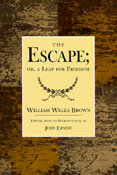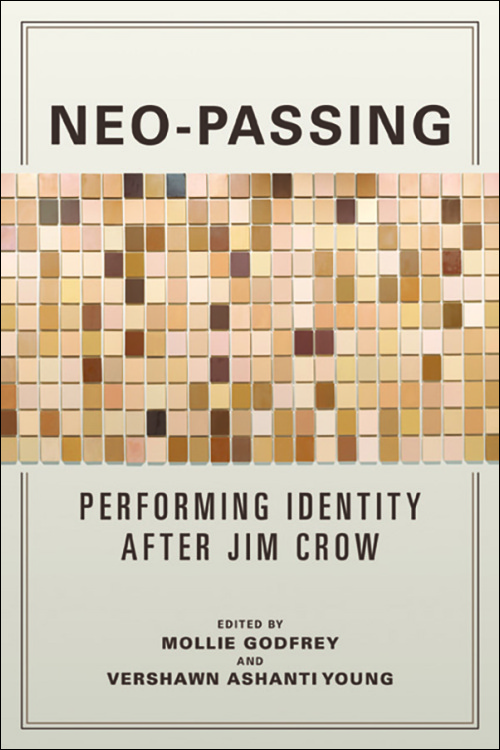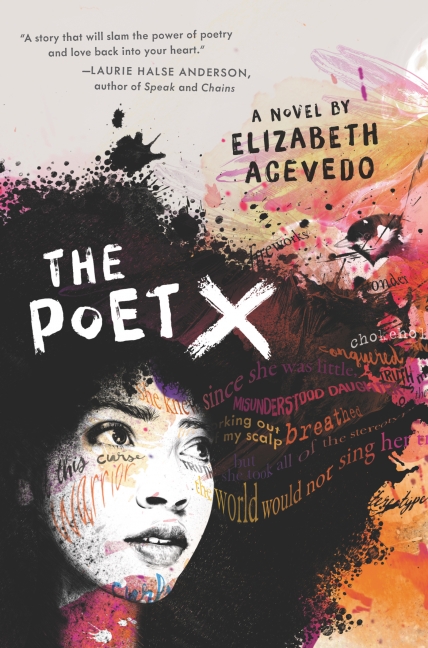History Matters: The story behind ‘Lost Boundaries’
The Portsmouth Herald (Seacoast Online)
Portsmouth, New Hampshire
2018-03-05
J. Dennis Robinson
Albert Johnston Jr. was 16 when he found out he was black. His fair-skinned African-American parents had been “passing” as white, they told him, since moving from Chicago to rural Gorham, New Hampshire, and later to Keene. Albert’s father had been the town’s country doctor with 2,500 white patients and an active member of the school board, the Masons and the Rotary. His mother, Thyra, was a two-time president of the Gorham Women’s Club and active in the Congregational Church.
Born in 1925, growing up skiing the White Mountains of the Granite State, Albert had only a single black acquaintance in high school. In an era of widespread racial segregation and discrimination, Albert felt a seismic shift as he adapted from a dark-skinned Caucasian to a light-skinned “Negro.”
Then Albert took a road trip. Two decades before Ken Kesey and Easy Rider, with only a few dollars in their pockets, Albert and an old school chum named Walt hitchhiked and hopped freight trains from New Hampshire to California. For Albert, it was a spiritual journey into the homes of his long-lost African-American relatives and into the roots of black culture. For Walt, who was white, it was a great adventure with a good friend. Albert eventually found his way home. Renewed and focused, he enrolled in the well-regarded music program at the University of New Hampshire.
And here, in a UNH college lounge in front of 20 fellow students, Albert Johnston Jr. finally laid his burden down. During a seminar on the “race problem” in America, the topic turned to “cross-bred” people. He could offer some insight on that topic, Albert told his classmates, because he, himself, was a Negro.
The room got very still, he later recalled, like the sudden silence after the climax of a concerto. The Johnston family secret was about to explode, first into the pages of Reader’s Digest magazine, and then as a controversial book and feature film called “Lost Boundaries.”…
Read the entire article here.






